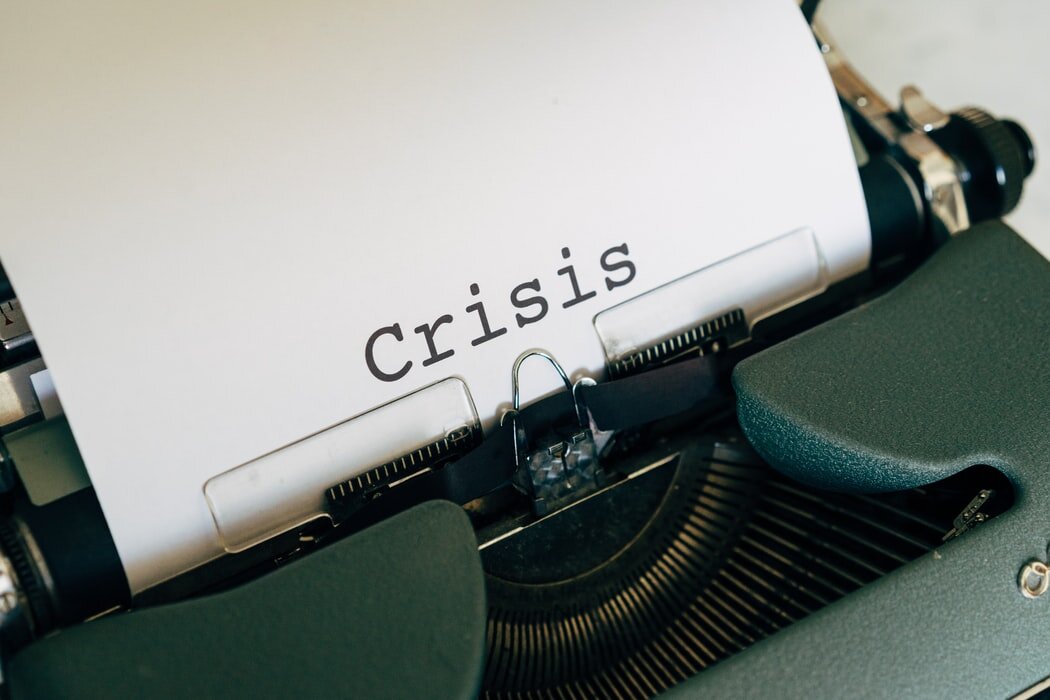
The pros and cons of living in the UK versus NZ
I came to the UK nearly thirty years ago from my native New Zealand. Initially I planned to stay for a six-month overseas experience - and I’m still here today. Why, a lot of people ask, have I stayed so long, leaving such a beautiful country behind? And NZ is a truly beautiful country, but then again so is the UK. Both countries have their pros and cons…

The 13 sins of email and easy mistakes to avoid
Email is a torrid flow and there are many simple things we can all do to make it easier to navigate. The one thing I tell my team all the time is; “ask yourself, do you need to send an email?” Maybe a call, a WhatsApp or a text will suffice. Either way, we ought to cut down on the volume of email and make the ones we do send more meaningful for the recipients. Ultimately, we will all benefit from less time consumed from our busy days in typing them and also reading them. Here are thirteen deadly sins of emails. Things that I detest. Things to think about before hitting SEND.

How to handle crisis comms in business
My mantra is simple: “solutions not problems”. For every problem, issue or crisis - there is also a workable solution to be found. It often just requires a fresh-thinking mindset to identify it. In order to deploy the best response companies and directors need to be 100% transparent and consider things from different angles and perspectives. Who are the stakeholders? What is the message we want to convey externally/internally? What is the potential impact/and on who? Establishing an open and honest two-way dialogue with clients is the best approach to putting together a viable crisis communications plan. It is always best to tackle a crisis head on. Doing nothing is never an option. The three things brands absolutely must avoid when faced with managing a crisis are; lies, manipulation and silence. True perspective is key to mitigate potential damage.

Common Sense In The Workplace: Six Easy Steps To Get It Right!
The dictionary definition of common sense is, ‘the basic level of practical knowledge and judgment that we all need to help us live in a reasonable and safe way’. Sounds simple enough, right? However, whilst we use common sense day-to-day, we often overlook the importance of it in our work lives. Sometimes we spend time focussing on the ‘bigger’ things at work that simple, basic things get overlooked and forgotten. By keeping common sense front of mind we can easily avoid those silly mistakes.
